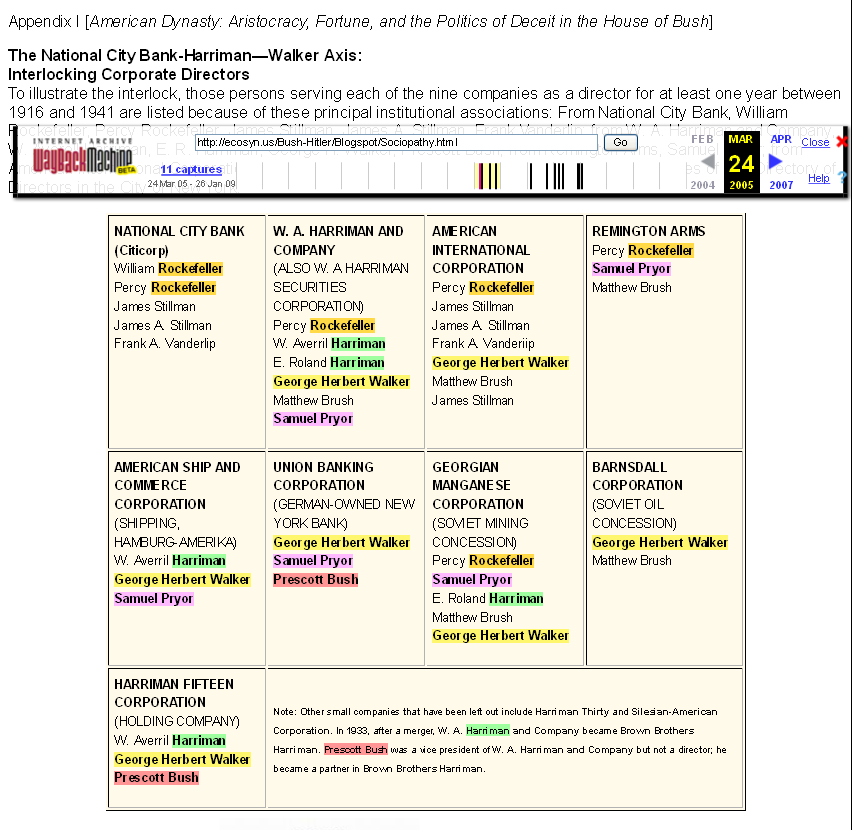Hackers crack web sites, siphon names and home addresses.
A left-wing hacker group has stolen up to 400 names and home addresses of supporters of Germany’s neo-Nazi National Democratic Party (NDP) and published them on Google Maps.
The German hacking crew ‘
n0-N4m3 Cr3w’ stole the details of financial backers after hacking 25 NDP websites last month, before publishing them on Google maps and its homepage.
The NPD was founded in 1964 as a successor to the Third Reich.
Leader of the hacking group, Dark Hammer, said the hack was a politically-motivated attempt to prevent the NDP from gaining influence in Germany.
“I love Germany above everything, and I do everything in my power to improve the image of Germany,” the hacker said in a translation.
“We will not allow that which brings the NPD or the right wing to bring our children on the wrong track.
“I know my action will have broad public interest. That is exactly my goal.”
The NDP was left red-faced in April
after some 60,000 internal emails were sent to journalists that exposed the party’s 2011 election strategy.
The exposure of German NDP member details follows a declaration yesterday by right-wing New Zealand blogger
Cameron Slater that he had obtained
450 names of the country's Labour Party sponsors, which he threatened to publish.
June 27, 2011 10:40:00 PM
This March, federal prosecutors charged six members of an antigovernment group called the Alaska Peacemakers Militia with plotting to wage a
campaign of murder and kidnapping against court officials and state troopers. They had already amassed an arsenal of weapons, including hand grenades, assault rifles, and a .50-caliber machine gun.
That's exactly the kind of violence that the Department of Homeland Security (DHS) warned law enforcement agencies about two years ago in a report about the growing threat of terrorism from right-wing extremists.
But after that 2009 report was leaked to the media, conservative groups and politicians complained — quite wrongly — that it unfairly tarred those on the political right as violent extremists. The American Legion, for example, didn't like the report's assertion that extremists would be interested in recruiting veterans returning from Iraq and Afghanistan, even though it was completely accurate.
Rather than defend the report, Homeland Security Secretary Janet Napolitano quickly disavowed it — and criticized it as shoddy work that had not been properly reviewed within the agency.
Bowing to misguided political criticism was bad enough. Now we know that the DHS went much further: It gutted the unit that developed intelligence on the activities of non-Islamic domestic extremists — making it much harder to catch the next Timothy McVeigh before he strikes.
Daryl Johnson, the former DHS analyst who was the principal author of the controversial 2009 report, told the Southern Poverty Law Center (SPLC) in an explosive interview for our quarterly journal, "Intelligence Report," that the unit he once headed now has a single analyst where there were once six. Further, Johnson said, the DHS instituted restrictive policies that have effectively ended the issuing of any of the dozens of important reports it previously prepared for law enforcement each year.
The fact is, the 2009 report accurately portrayed the dramatic rise in right-wing extremism. Independently, but around the same time, the SPLC had documented a dramatic surge since President Barack Obama's election in the anti-government "Patriot" movement, which includes armed militias and so-called "sovereign citizens."
As we noted in a letter to Secretary Napolitano, the DHS report was spot on in forecasting rising incidences of violence and terrorism from far-right radicals. In May 2009, just one month after the report's release, an anti-abortion zealot murdered Dr. George Tiller, an abortion provider, inside his church. That June, a well-known neo-Nazi shot and killed a security guard at the U.S. Holocaust Memorial Museum. The next year, in March 2010, nine members of a Michigan militia were charged with seditious conspiracy and attempted use of weapons of mass destruction in an alleged plot to murder police officers and spark a war against the U.S. government. In May of last year, a father-son team of sovereign citizens, people who believe the government has no authority over them, killed two police officers in West Memphis, Arkansas, and badly wounded two more.
This pattern continues right up to the present. In January of this year, a neo-Nazi was arrested on his way to the Arizona-Mexico border and later charged with possessing homemade explosives. In March, a neo-Nazi activist was arrested for planting a sophisticated backpack bomb along a Martin Luther King Jr. Day parade route in Spokane, Washington.
There's no question that we're seeing an explosion of right-wing extremism. In fact, the antigovernment atmosphere and toxic rhetoric is remarkably similar to the mid-1990s militia movement. It culminated with McVeigh's 1995 bombing of the federal building in Oklahoma City that killed 168 innocent people.
In his interview, Johnson said that his "greatest fear is that domestic terrorists in this country will somehow become emboldened to the point of carrying out a mass-casualty attack, because they perceive that no one is being vigilant about the threat from within. This is what keeps me up at night."
Daryl Johnson is right. This is an issue of national security, not politics. That's why the SPLC has asked the DHS secretary to re-examine the resources devoted to monitoring homegrown extremism. We can only hope that it doesn't take another catastrophic attack for the department to take this threat seriously.
Mark Potok is the director of the Southern Poverty Law Center's Intelligence Project, which monitors hate groups, antigovernment militias, and other extremist organizations. Find out more at www.splcenter.org.





